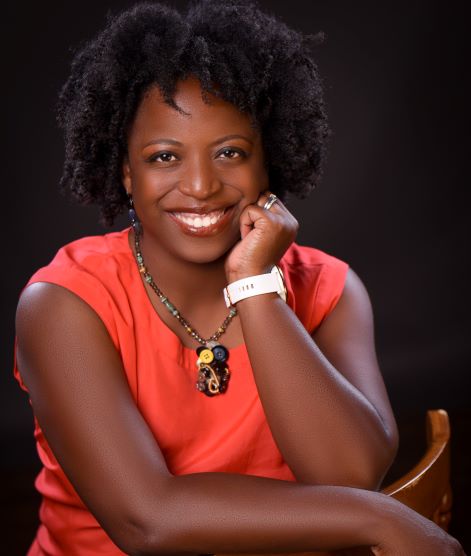Dr. Erica Townsend-Bell
Department of Political Science
Dr. Erica Townsend-Bell is an Associate Professor of Political Science and Director of the College of Arts and Sciences Center for Africana Studies.
I research the politics of intersectionality, which investigates the way in which
systems of power interlock to produce patterns of inequity and oppression for minoritized
populations throughout the world. My research focuses on the ways in which race, class
and gender and other markers of difference intersect to impact representation, participation,
and the enjoyment of rights.
I am particularly interested in the study of whether and how political actors – especially
government representatives, social movement, and civil society actors – can successfully
petition for inclusive policy and legislation that incorporates attention to difference
among populations as way to making policy both more effective, and more democratic.
These efforts toward inclusion and the expansion of democracy are not limited to the
United States or even to the West. The concept of intersectionality and attempts to
understand how its insights can be translated into concrete practices is a truly global
phenomenon, involving researchers and activists around the world. This includes Latin
America broadly, and Uruguay specifically, the site of the bulk of my research thus
far. Small but mighty, Uruguayan activists and politicians have spent much of the
last
15 years thinking through how to transform intersectional insights into concrete policy,
passing a slew of legislation that has served to expand formal recognition of the
populations that exist within its borders, to move toward remedy of past wrongs, and
to create space for a wider percentage of the population to exercise voice and rights
as they seek to make a democracy that lives up to its promise. While not without its
limitations, there are valuable lessons to be learned here about the possibilities
and limits of formal politics to help foster this intersectional work. There are equally
valuable lessons to be learned about the way in which systems of inequity and injustice,
and the responses to them transverse domestic borders, in ways that ties my work in
Uruguay and the South back up to the Americas broadly.

